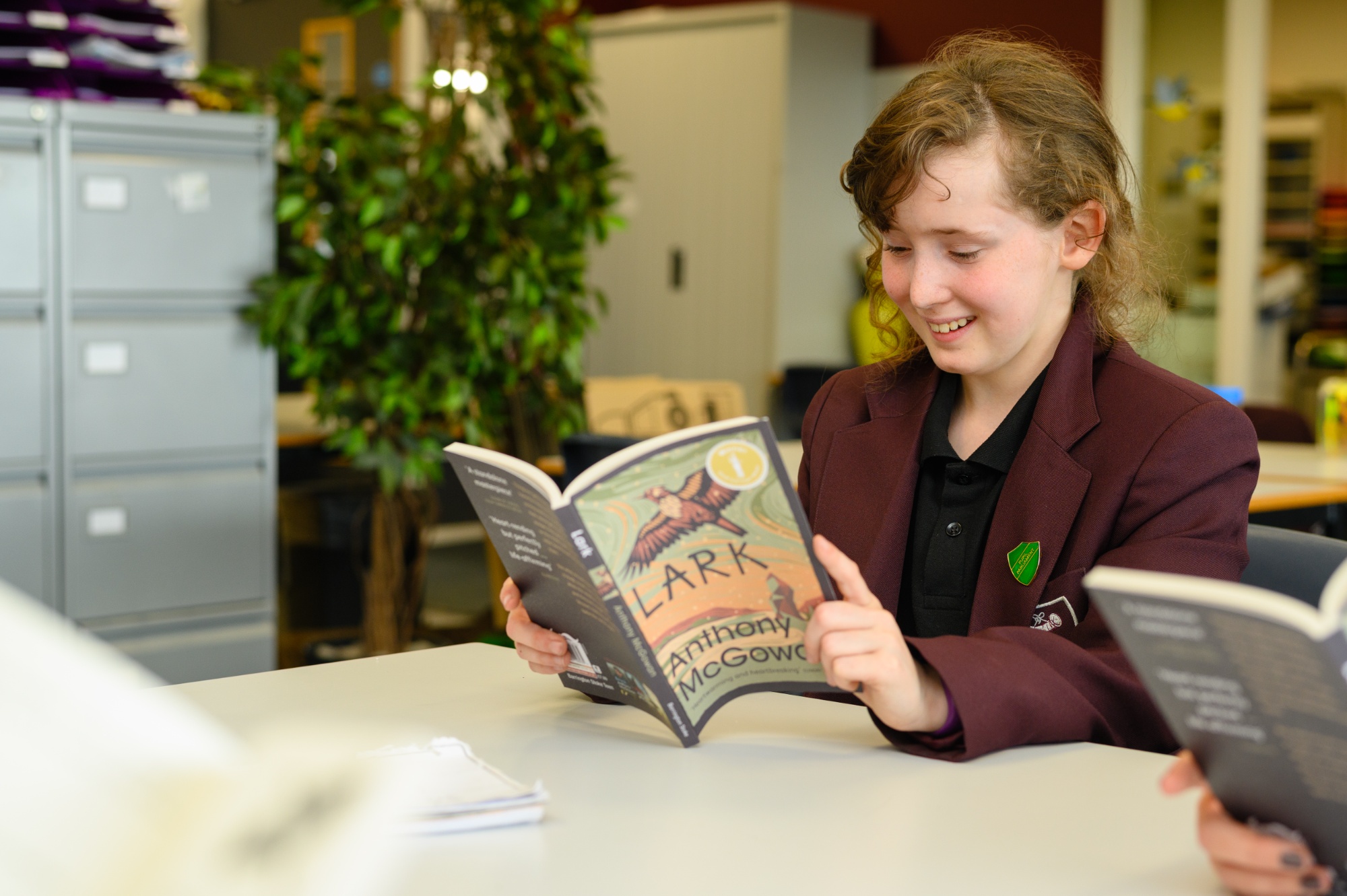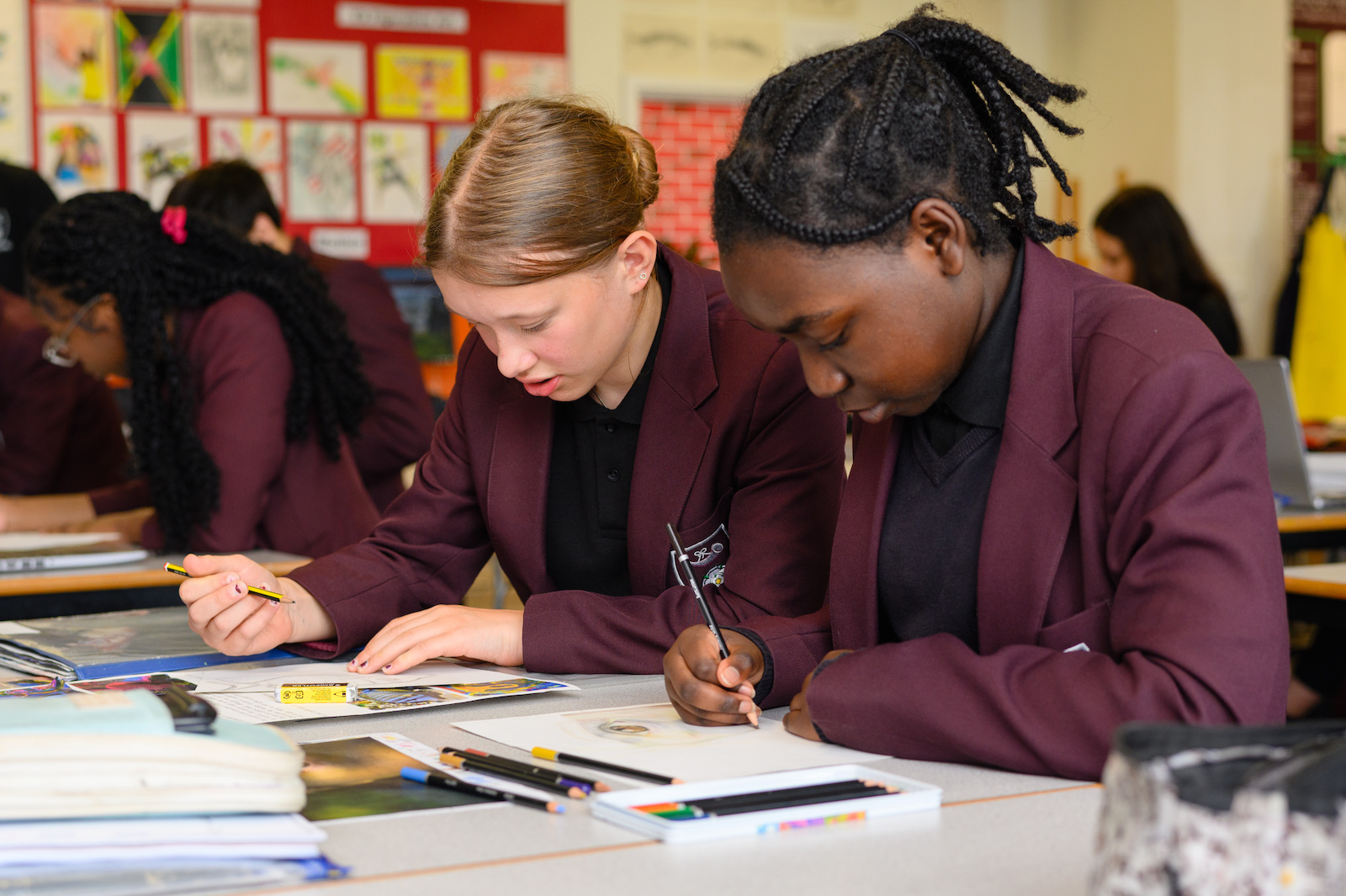Ethics
The ethics department include the following subjects: religious studies, PSHE and citizenship
The ethics curriculum provides an excellent opportunity for students to develop their social, moral and cultural and ideas and understanding. Much emphasis is placed on students' personal development, helping them to understand the multi-cultural and multi-faith world they live in and their own place in that world. The department also focuses on students’ personal and economic wellbeing. Students have an opportunity to do this through groups and class discussion of topical ethical and moral issues, often issues that are newsworthy, enabling and encouraging students to stay abreast of current affairs. Students are encouraged to develop both their oracy in addition to their written skills; both are equally valued. Success in ethics is dependent on students’ ability to understand, analyse and evaluate the world around them. Students may approach ethics from an atheist, agnostic or theist background however, success in the subject is dependent on ability to understand, analyse and evaluate, rather than on personal beliefs.
Key Stage 3: Years 7-9
Year 7
- Jewish beliefs and practices: including historical figures and important festivals and ceremonies
- Christianity: Life of Jesus and Christian beliefs and practices
- Islam – key beliefs and the Five Pillars
Year 8
- Hindu beliefs and practices - including historical figures and important festivals and ceremonies
- Buddhist beliefs and practices- including historical figures and important festivals and ceremonies
- Sikh beliefs and practices- including historical figures and important festivals and ceremonies
Year 9
- Medical Ethics - including
- Crime and Punishment
- Extremism and Radicalisation
GCSE
All students have the option to take GCSE Religious Studies.
Students follow the AQA specification GCSE Religious Studies A. This specification follows the principles of the ethics departments and allows students to look at topical issues from both their own personal perspective and a religious perspective. The specification is made of two papers: Paper 1 covers Christian and Muslim beliefs, teachings and practices and paper 2 covers ethics issues (thematic studies).
Paper 1: Beliefs, teachings and practices
- Christian beliefs and teachings
- Christian practices
- Muslim beliefs, teachings and practices
- Muslim practices
Paper 2: Thematic Studies
- Theme A: Relationships and Family
- Theme B: Religion and Life
- Theme D: Peace and Conflict
- Theme E: Crime and Punishment






